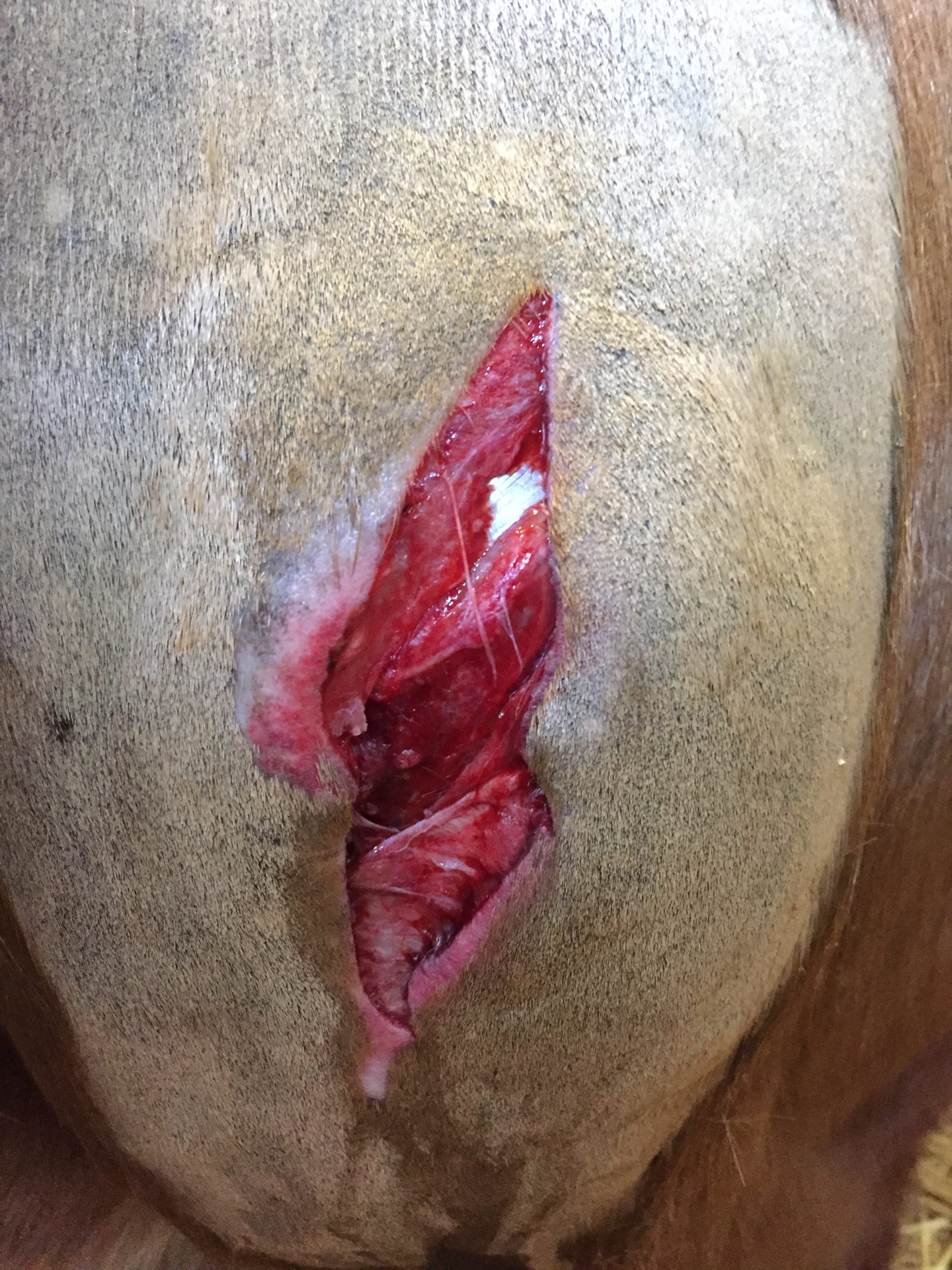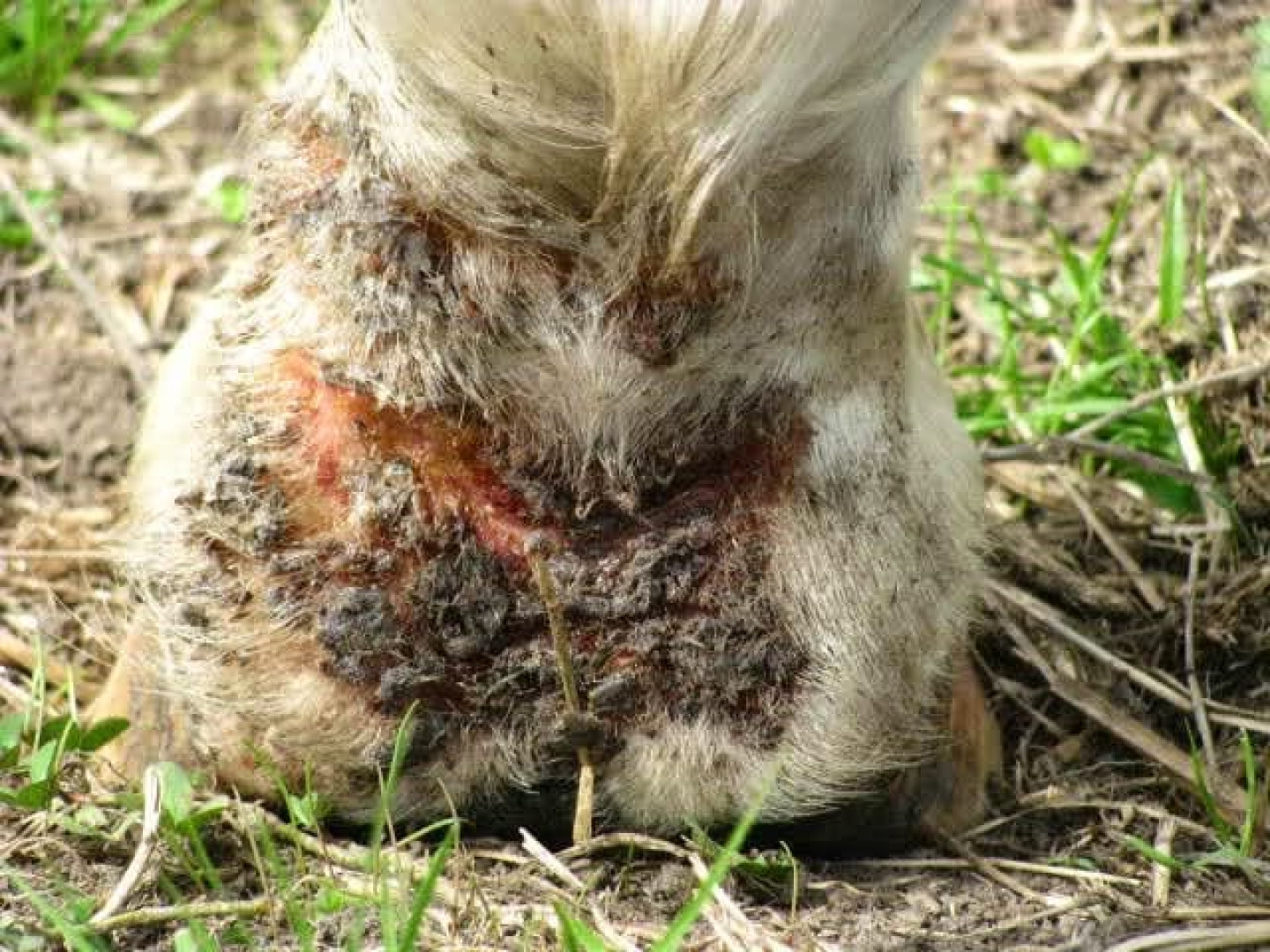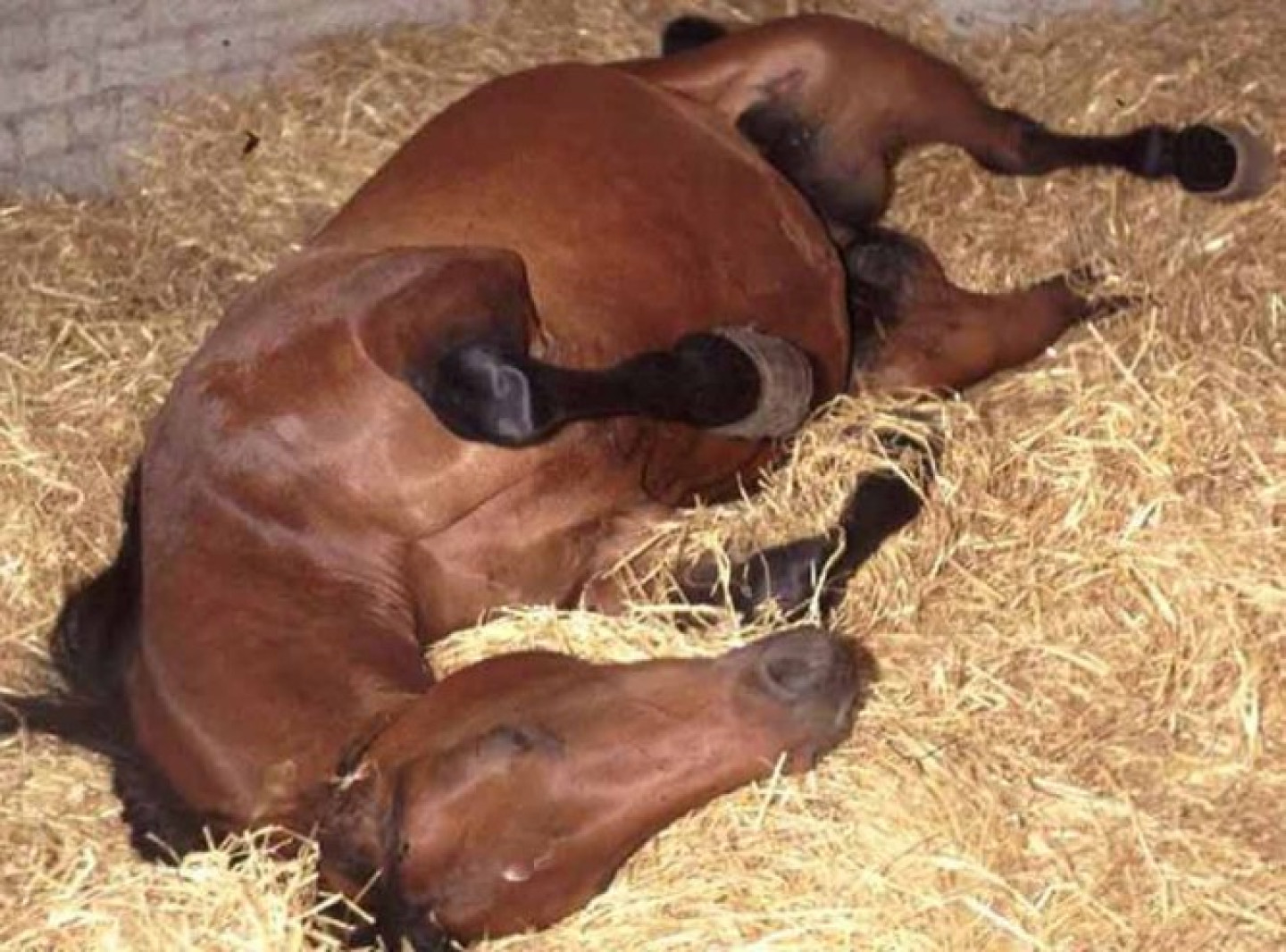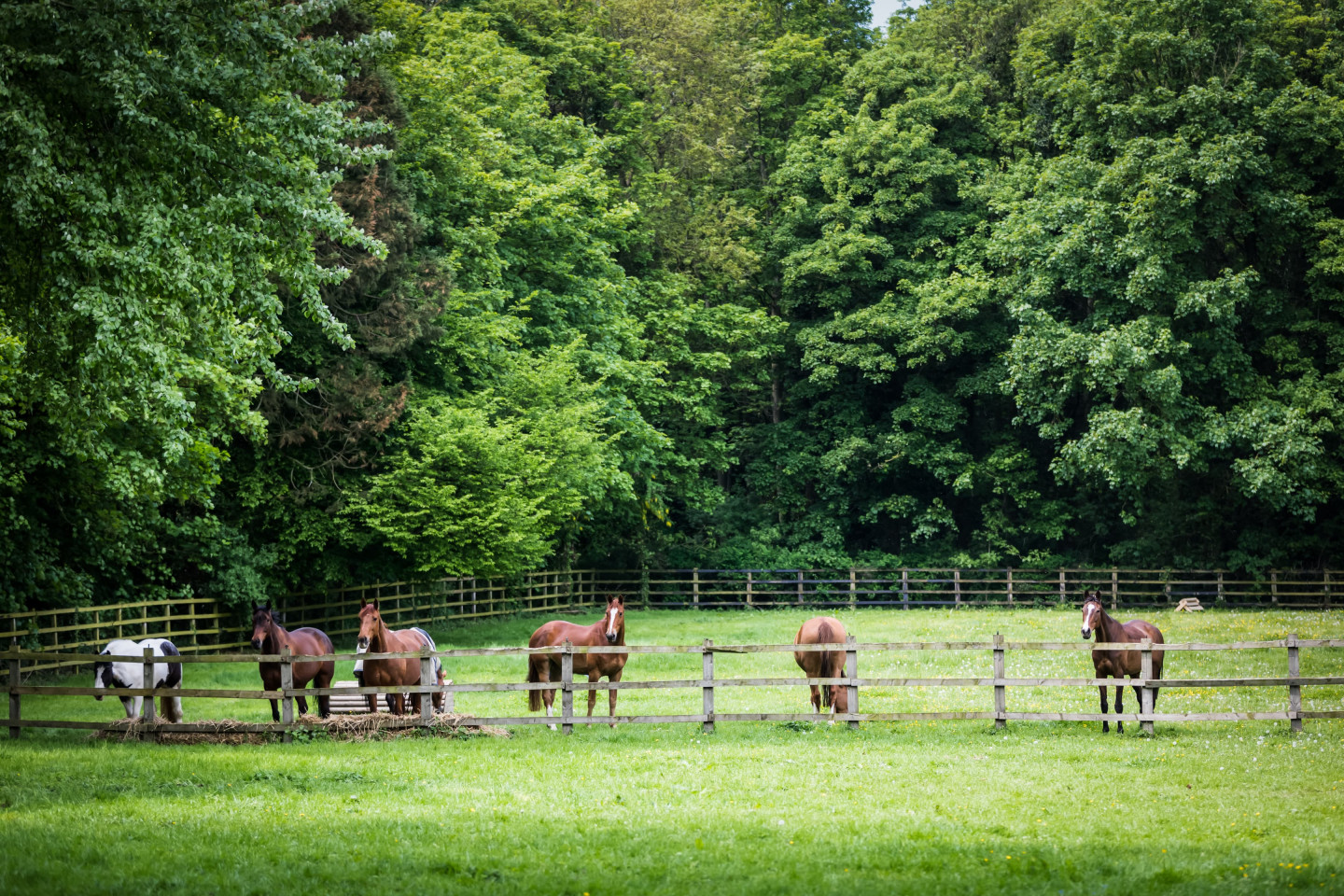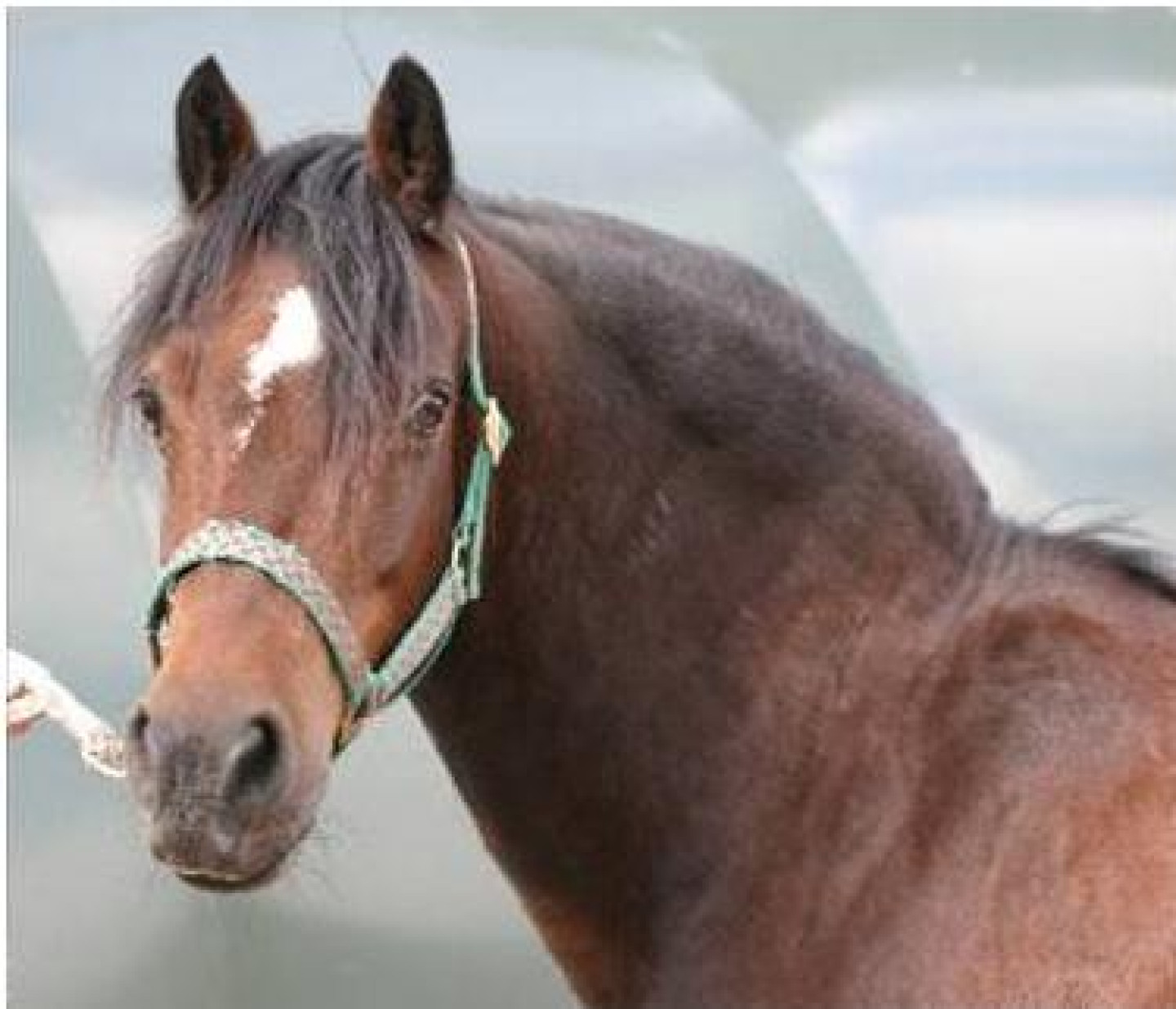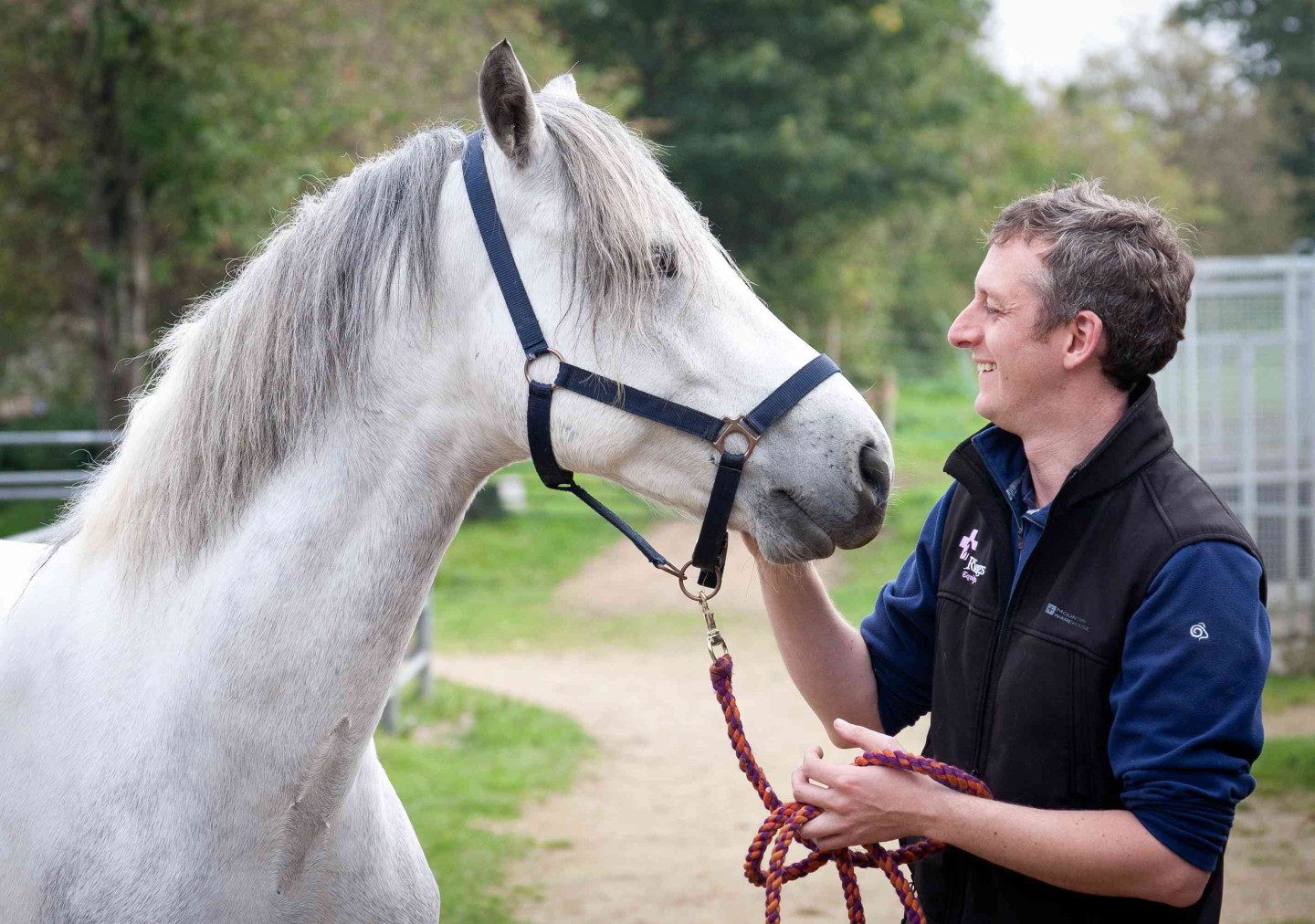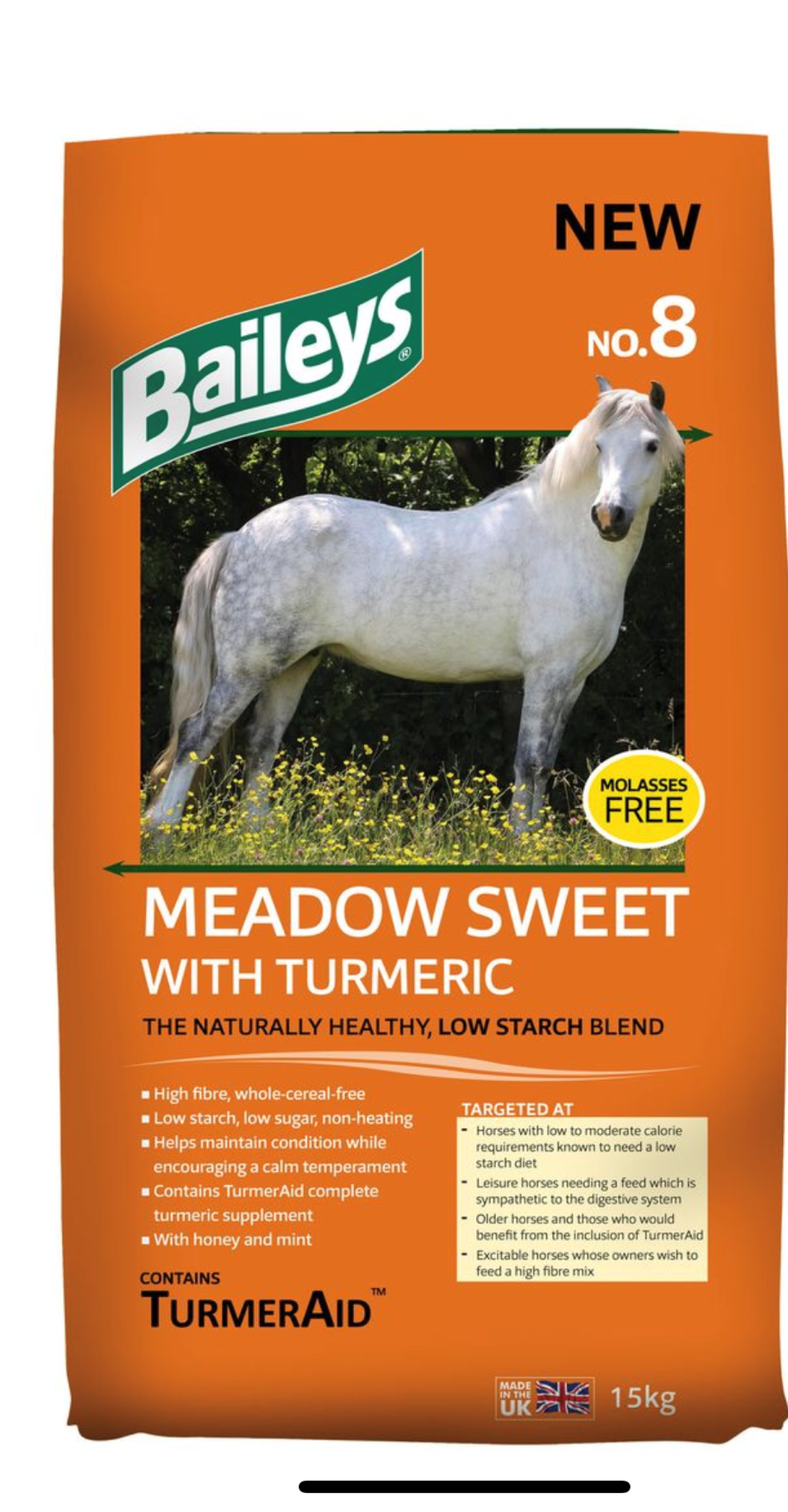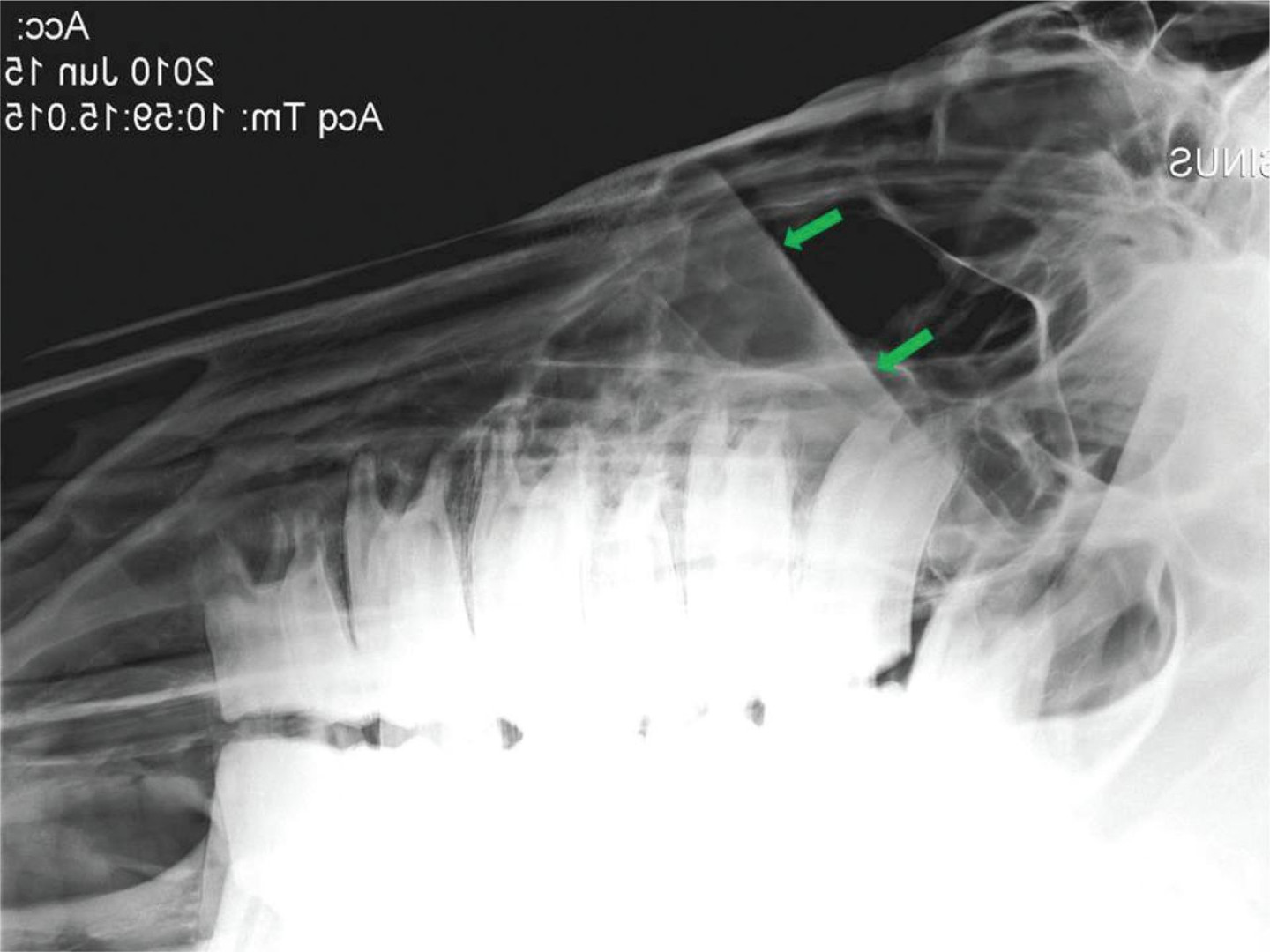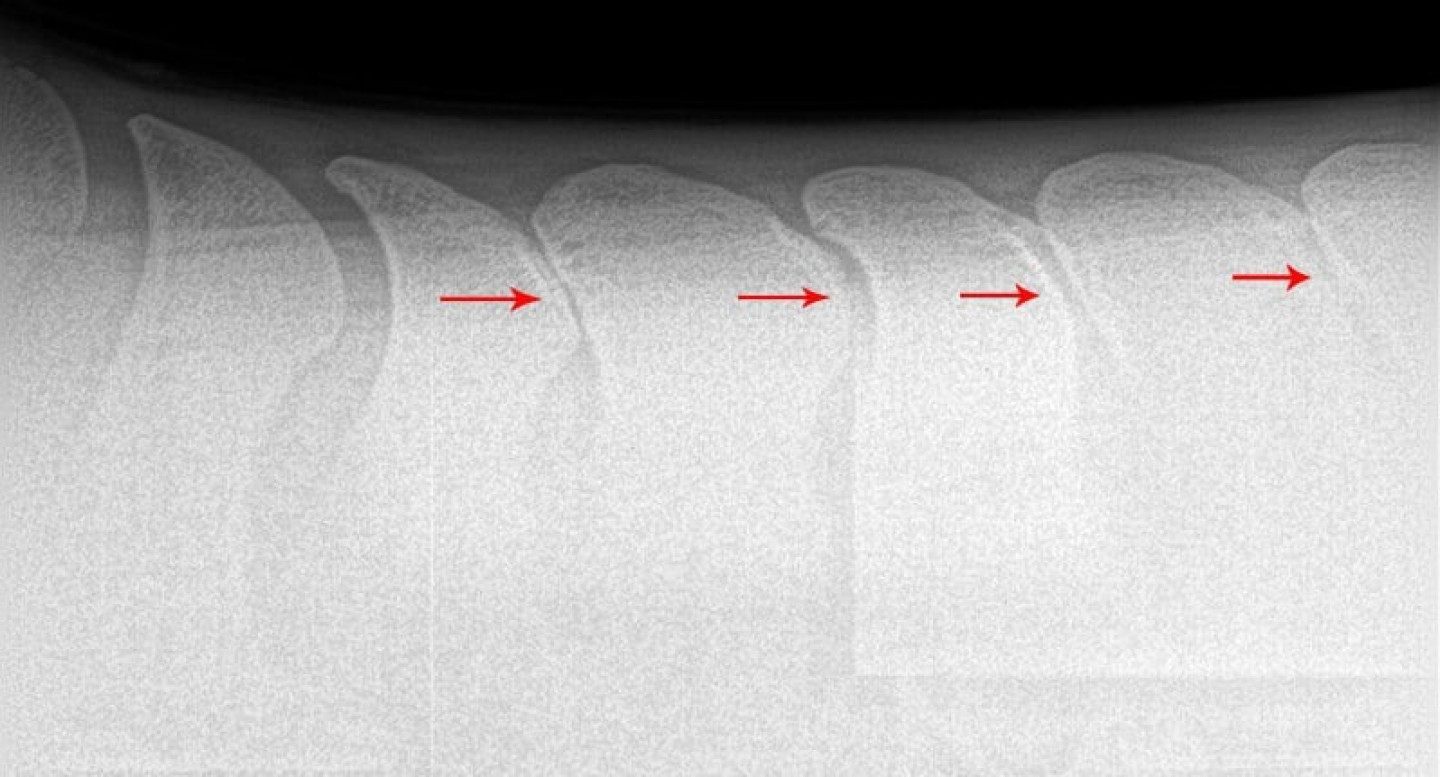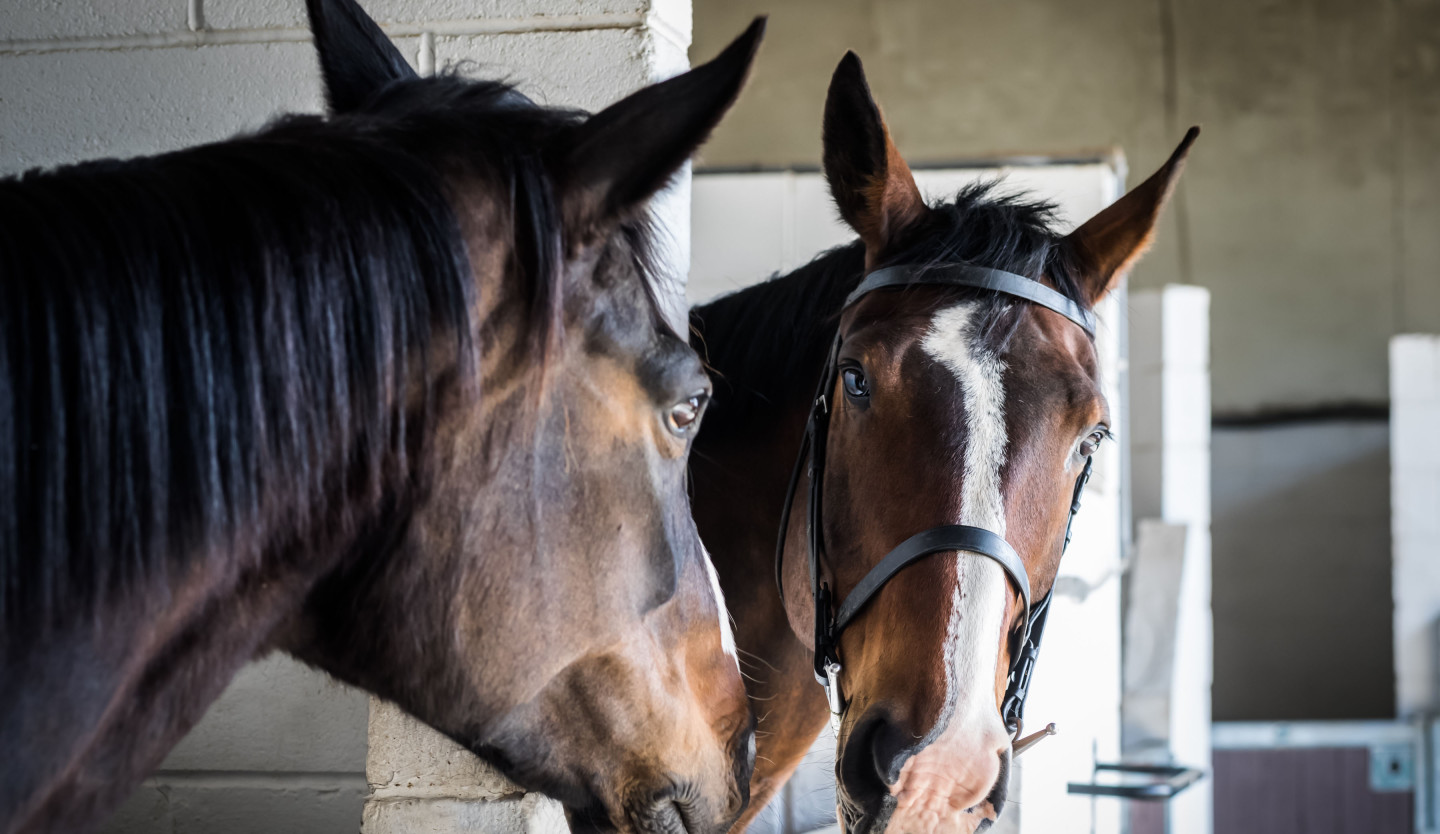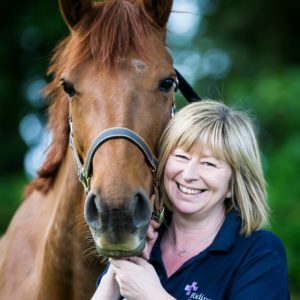This week we're preparing for our Autumn Client Talk on wounds and first aid and I've been reflecting on the wounds I have attended this year. I realised that owners probably don't realise that what they do to the wound prior to the vet arriving on the scene can have a dramatic effect on the outcome. While we will have some great tips on what you should do I think what NOT to do is far more important, so here goes...
